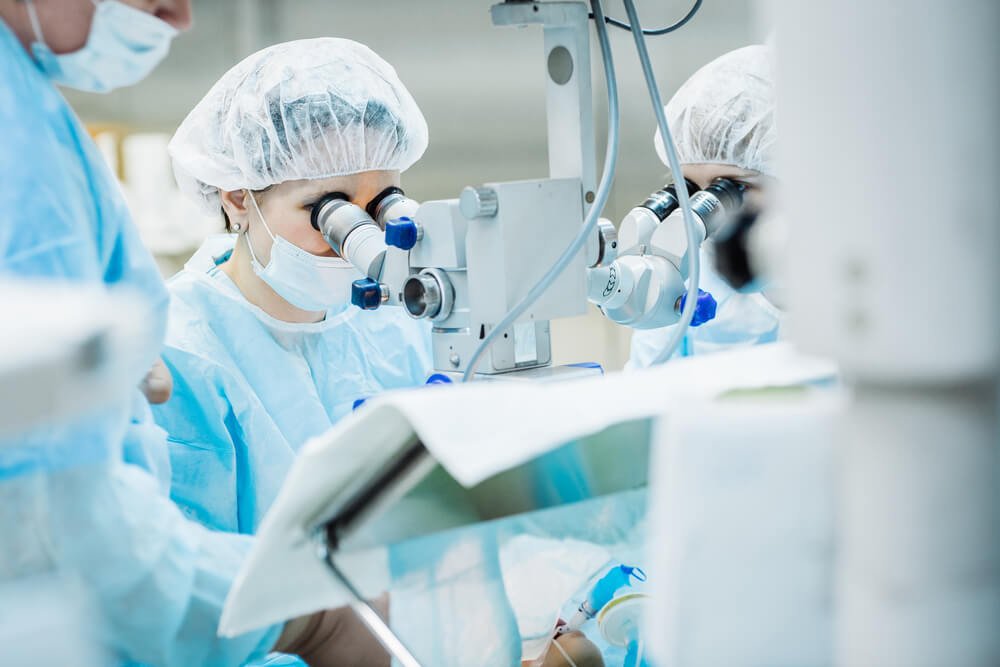DIAGNOSIS
Before any surgery, you will have to undergo these tests to know if you are fit and ready to have one. These are to ensure you are ready. Before the surgery, the doctor will ask medications you are taking as well. These are to prevent sudden complications during and after the surgery as well.
- Going through a detailed eye exam
- Checking your eye’s measurements and if it matches your donor’s
- Checking for infection
TREATMENT
During the surgery, you won’t be asleep, but you will be heavily sedated, and your eye will be numb. The doctor will then start to work on your eyes.
What to expect after the surgery
After the cornea transplant, you can expect to:
- Wear an eye patch or to cover your eyes for a while. This is to protect and shield your eyes from dirt that can come into your eyes and cause infections.
- Medications and eye drop. This will help you with the swelling and feelings or sensations in your eyes. The pain will be felt after the surgery. Oral medications can help with the pain and prevent further infections as well.
- Follow up examinations.After any surgery or a visit from the doctor, follow up check-ups are a must. After the keratoplasty eye surgery, frequent visits to your doctor for a year is required.
- Avoid to harm your eye.It is only reasonable that upon having an operation, our daily activities will not be the same. For the keratoplasty eye surgery, protecting your eyes for the rest of your life is your goal. Any sudden movements such as exercise and other activities are forbidden just yet.
- Take extra precautions. As said above, you will not be able to be back yet to your normal activities. So, taking extra care towards your eyes is a must, especially with using gadgets and living your day to day life.


